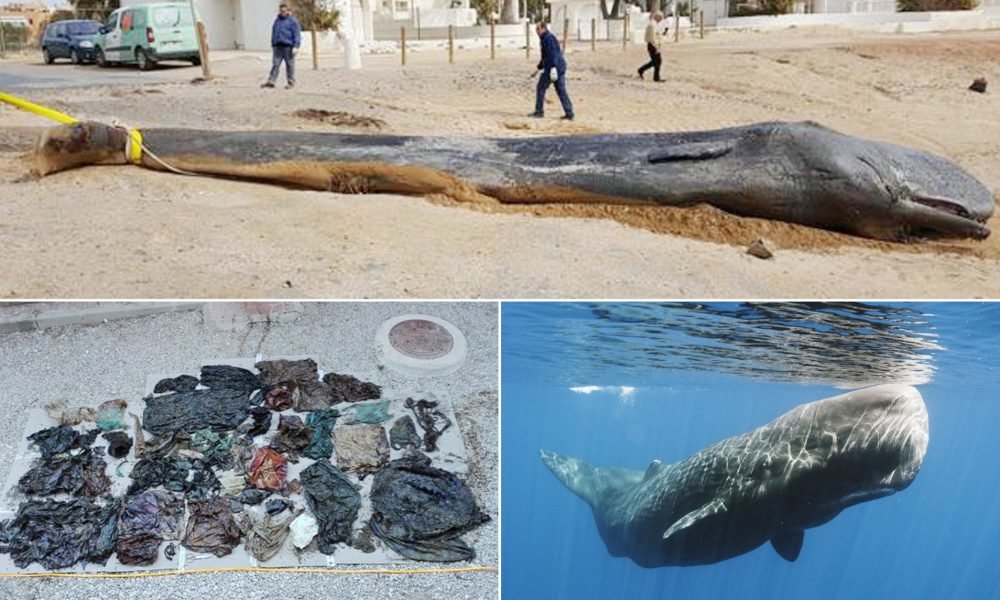
Plastic and Other Nondegradable Objects Found in Dead Whale’s Stomach!

In yet another grave reminder of how plastic waste in oceans is becoming extremely critical for marine life, a giant sperm whale was found dead on a Spanish coast in February after it swallowed 64 pounds of plastic and other nondegradable objects.
El Valle Wildlife Rescue Center, which conducted the autopsy on the dead creature, determined that the pile of plastic waste found in its stomach had given the sperm whale a gastric shock which eventually killed it.
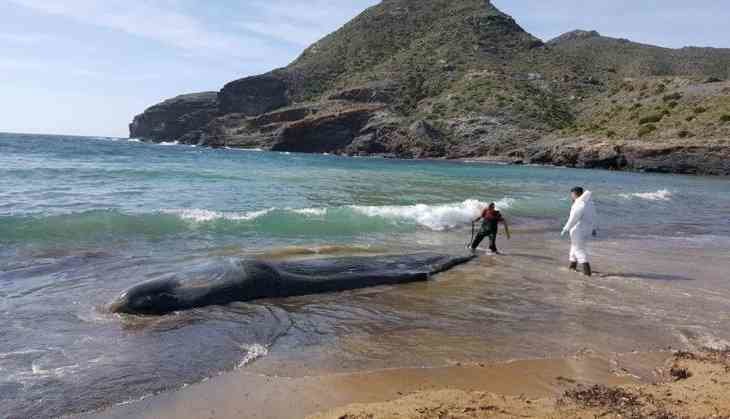
The dead whale found on a beach in Cabo de Palos, Murcia had ingested 64 pounds of plastic which eventually killed it
Plastic Pollution in Oceans
A recent study showed that our planet’s oceans are filled with 5 trillion plastic and other non-biodegradable objects and if the current littering trend continues, experts predict the plastic waste will outnumber the fish by 2050. If this wasn’t enough to convince you that our planet’s marine life is in grave danger – thanks to the reckless and selfish nature of human beings – maybe the incident of a sperm whale’s death due to ingestion of plastic, will help you see the truth.
In February, Spanish authorities found a dead sperm whale washed off on a southern coast of Cabo de Palos in Murcia. The 10-meter long water creature was carried to the El Valle Wildlife Rescue Center where the autopsy revealed 29 kilos of plastic junk trapped in the dead mammal’s intestines and stomach including reusable bags, pieces of fish nets and aluminum cans. Experts at the wildlife recovery center said that they were utterly shocked and horrified by the incident and urge the authorities to take immediate action against plastic pollution in rivers and oceans.
An Urgent Need for Wildlife Conservation Campaigns
In the report released after the autopsy, doctors explained that the enormous pile of plastic junk in the whale’s stomach had disrupted its digestive system and blocked the intestines. After being unable to expel the waste from its body, the whale developed an abdominal infection called peritonitis which eventually killed it. The whale’s death gave the lawmakers a much-needed jolt and the regional ministry of culture immediately called for a worldwide campaign to raise awareness about marine and wildlife conservation.
Experts says that human littering is driving species towards the brink of extinction since most animals around the world are trapped in rubbish; it’s about time we take responsibility for our actions and clean up after ourselves to prevent mass wildlife extinction. The director general of Murcian natural environment says that littering in the ocean has been a massive problem in Murcia for years but the tragic death of the sperm whale is a clear message to humans that if an urgent clean-up action isn’t taken, the marine life will cease to exist within a few decades.
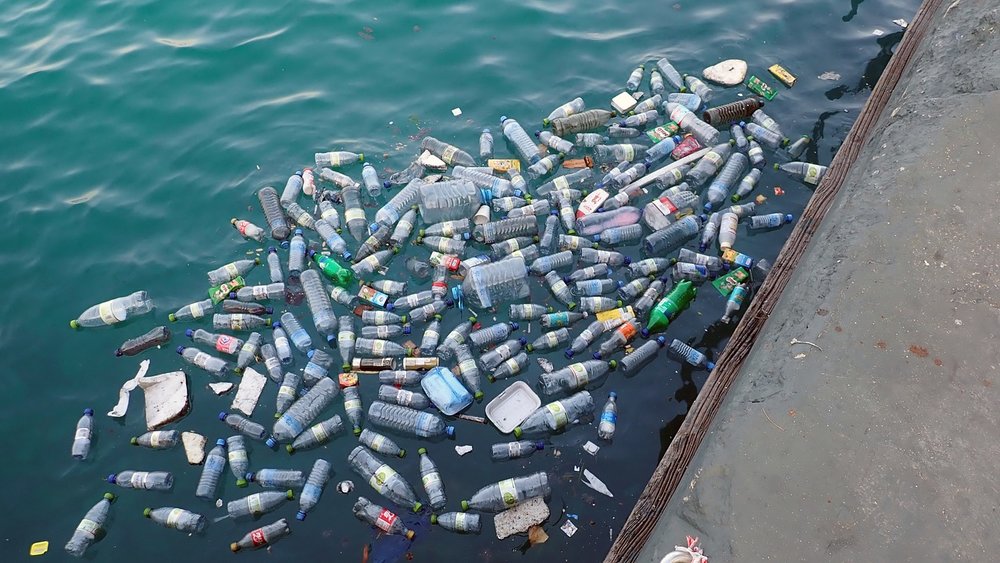
A UK report predicts that if current trend continues, the plastic content in oceans will increase threefold in less than 10 years
Pollution May Treble in Less than a Decade
There are numerous documentaries and video footages showing animals eating or entangled in harmful plastic waste which eventually leads to their death. Scientists are trying to estimate the intensity of the harm caused to marine ecosystems through water pollution but there is simply too much plastic circulating in the oceans to reach a meaningful conclusion.
A UK government report had recently concluded that plastic waste in oceans is expected to increase threefold in less than 10 years. So, how many more dead sperm whales will it take for humans to realize the mess they have created on a planet that is home to billions of other species.
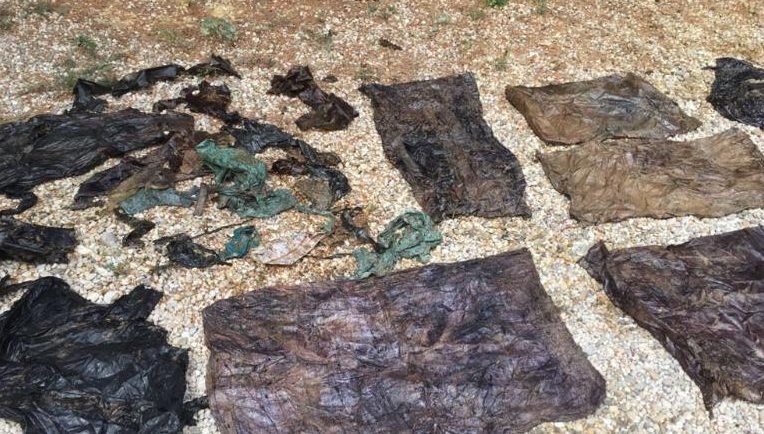
Some of the plastic objects found inside dead whale’s digestive track
A recent study released after the death of the sperm whale explained that not all harmful rubbish found in the ocean can be seen with the human eye. In many instances, tiny pieces of plastic which are also called microplastic can be dangerous for sharks and whales if ingested in large quantities.
There have been previous instances of water mammals being found dead on shores with their stomachs filled with plastic. Many organizations as well as television documentaries are trying to shine a light on this pressing issue by showing videos of dying marine life due to plastic pollution. One of the biggest culprit is the excessive usage of nonbiodegradable plastic bags and disposable cups.
More in Medical Conditions
-
Worried About Diabetes? Here Are Some Common Myths
There are several myths about diabetes that are frequently reported as facts. Diabetes misrepresentations can sometimes be harmful, leading to an...
June 29, 2023 -
Many Patients Pay Their Medical Costs Out Of Their Pockets – Even With Insurance
With rising inflation, it has become difficult for people to even fulfill their basic necessities. They are more concerned about how...
June 6, 2023 -
What Is The Right Weight For Kids And How To Gain Weight Healthily
Keeping your child happy and healthy is the primary concern of every parent. Parents usually focus on providing their young ones...
May 12, 2023 -
Thyroid Disorders in Children: What Parents Need to Know
Thyroid disorders are not limited to adults; they can also affect children. The thyroid gland produces hormones that play a crucial...
April 29, 2023 -
Should Doctors Attend To Patients With ‘Do Not Resuscitate Tattoos’?
Doctors at the University of Miami hospital were confronted with a dilemma when a 70-year-old unconscious man with a tattoo “do...
April 3, 2023 -
Your Antidepressant May Not Work If You Keep Doing This One Thing
People use social comparison to measure their self-worth. Social comparison has been in existence since time immemorial, and it is as...
April 1, 2023 -
Pro Tips on Preventing Hair Breakage While Keeping Your Hair Moisturized at Home
Every one of us is thinking a lot about how to forestall hair breakage and keep them moisturized at home. Since...
March 22, 2023 -
Planning to Travel After Retirement? This is the Best Medicare Coverage for You
Does Medicare insurance go with you once you are out of the country? It’s currently open enrollment period, and while planning...
March 14, 2023 -
Lumeris, A Medical Insurance Provider, Expands Into 5 New States & 44 Counties
Lumeris is one of the leading insurance providers in the United States. For years, the Saint Louis, Missouri-based firm has been...
November 8, 2022

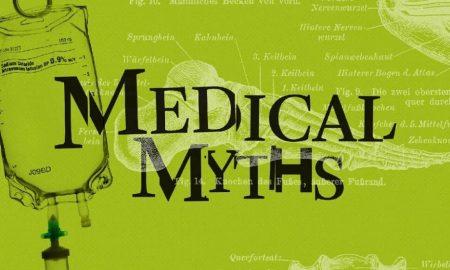













You must be logged in to post a comment Login